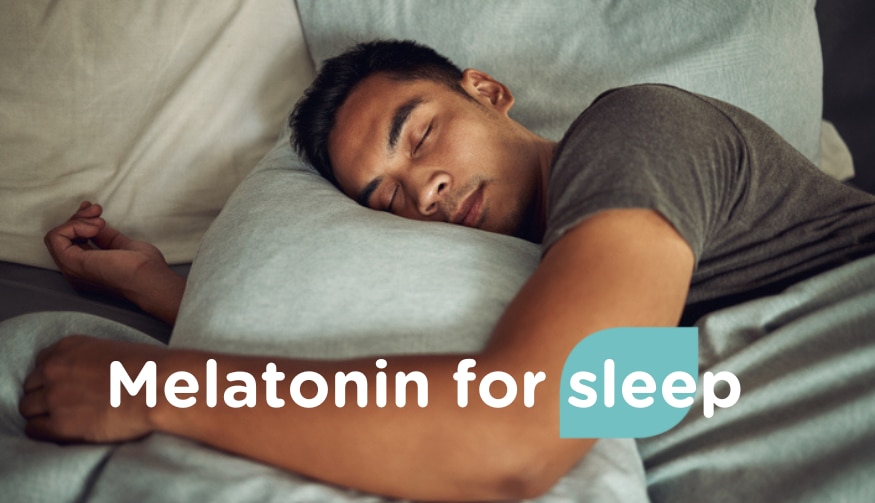In a world increasingly reliant on quick fixes, the allure of sleeping pills can be strong. However, a natural alternative exists in the form of supplements that can significantly enhance the quality of your sleep. By exploring these gentle yet effective options, you may discover a path to restful nights and rejuvenated mornings without the drawbacks of conventional sleep aids.
What are sleeping pills?
Sleeping pills are medications used to treat sleep difficulties like insomnia. They work by depressing the central nervous system to induce drowsiness and promote sleep. There are different types of sleeping pills, such as melatonin, benzodiazepines, non-benzodiazepines, and sedating antidepressants. It’s crucial to use sleeping pills under medical supervision due to potential side effects and the risk of dependency with improper use.
Side effects of sleeping pills

Sleeping pills, while often perceived as a solution for sleep difficulties, can come with a range of potential side effects. The daytime side effects can have a negative effect on your capacity to operate a vehicle, fulfill work or school responsibilities, and accomplish routine activities.
Potential side effects:
- Daytime drowsiness and grogginess
- Memory problems and cognitive impairments
- Increased risk of falls (especially in older adults)
- Dependency and withdrawal symptoms
- Reduced sleep quality and disruption of natural sleep patterns
- Headaches and dizziness
- Nausea and gastrointestinal issues
- Allergic reactions and skin rashes
- Sleepwalking
- Impaired coordination and slowed reaction times
- Mood changes (including depression or anxiety)
It is crucial to recognize that individual experiences may vary, and consulting a healthcare professional is essential when considering the use of sleeping pills to weigh the potential benefits against the risks.
Best supplements to have better sleep
Melatonin
Melatonin is a hormone that regulates the sleep-wake cycle. Taking melatonin as a supplement can help signal the body that it’s time to sleep and may be particularly useful for individuals with insomnia or jet lag.
Magnesium
Magnesium is a mineral that plays a role in relaxation and sleep quality. It can help calm the nervous system and relax muscles, promoting a sense of calm before bedtime.
Valerian Root
Valerian root has been used for centuries as a natural sleep aid. It may help reduce the time it takes to fall asleep and improve overall sleep quality.
Vitamin B6
Vitamin B6 plays a role in the production of serotonin, a neurotransmitter involved in sleep regulation. Consuming foods rich in vitamin B6, such as bananas, fish, and chickpeas, or taking B-complex supplements may support healthy sleep.
Vitamin C
Vitamin C is known for its immune-boosting properties, but it may also help with sleep. It has been suggested that vitamin C can reduce sleep disturbances and improve sleep quality.











